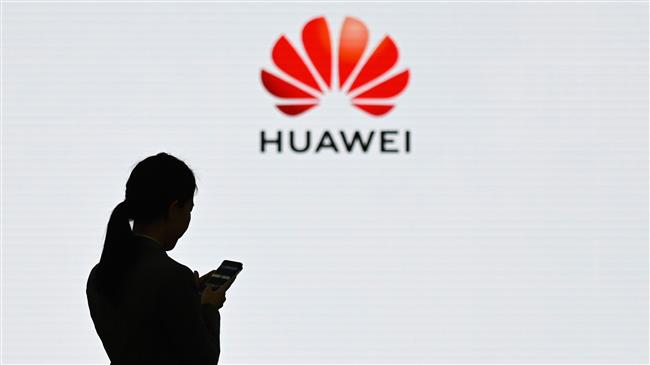The head of MI5, Andrew Parker, has rejected the US assertion that Britainís intelligence-sharing relationship with the United States will be endangered if the Chinese technology corporation Huawei is given access to the UKís 5G network.

5G is the latest iteration of cellular technology, engineered to greatly increase the speed and responsiveness of wireless networks. Virtually every major telecommunication service provider in the developed world is deploying 5G antennas or intends to deploy them soon.
The US has repeatedly applied pressure on the British government to prevent Huawei from having any role in building the UKís 5G network, asserting it could then utilize "backdoors" to spy on the west and that giving the Chinese firm access to the communications infrastructure could pose a security risk.
Huawei has consistently denied that it has ever been asked by the Chinese government to introduce secret "backdoors" into its technology, and has even offered to sign a "no spy agreement" with countries adopting it.
Backdoors are intentional faults put into code to give someone access outside of the normal security model. Backdoors are part of the 5G software itself. They are placed in the source code (or hardware) from the start. It allows the original coder some sort of access through their software or hardware.
Andrew Parker said he had "no reason today to think that" the longstanding intelligence partnership would be affected - despite intensifying US lobbying against using the Chinese company in a critical piece of national infrastructure.
Prior to the general election, Boris Johnson was reported to be moving towards a decision to allow the firm to provide "non-contentious" elements of the system, but a final decision was shelved until after polling day.
However, at last monthís NATO leadersí meeting in London, in the midst of the election campaign, the prime minister came under direct pressure from President Donald Trump who said Huawei was a "security danger".
Johnson declared he would not do anything that would "prejudice our vital national security interests" or the UKís ability to cooperate with other members of the Five Eyes security partnership, including the US, Canada, Australia and New Zealand.
Britainís intelligence agencies have argued that any risks from Huawei can be curtailed, and the rare public comments from the head of domestic intelligence agencies will be interpreted as providing further support for Johnson if he chooses to oppose Trump on the issue.
Parkerís remarks come as a US delegation - including officials from the US National Security Agency and the National Economic Council - are due to visit the UK in a last-ditch lobbying drive to persuade the British officials not to give Huawei a role.
Huaweiís position is strengthened by the fact that Vodafone and other mobile companies say it is the cheapest and most advanced supplier of 5G equipment in the market, a point acknowledged by the head of MI5.
"Perhaps the thing that needs more focus and more discussion is how do we get to a future where thereís a wider range of competition and a wider range of sovereign choices than defaulting to a yes or no about Chinese technology," Parker said.
The UKís final decision is now expected in a few weeks.
LINK: https://www.ansarpress.com/english/12717
TAGS:






























 online news tv
online news tv




